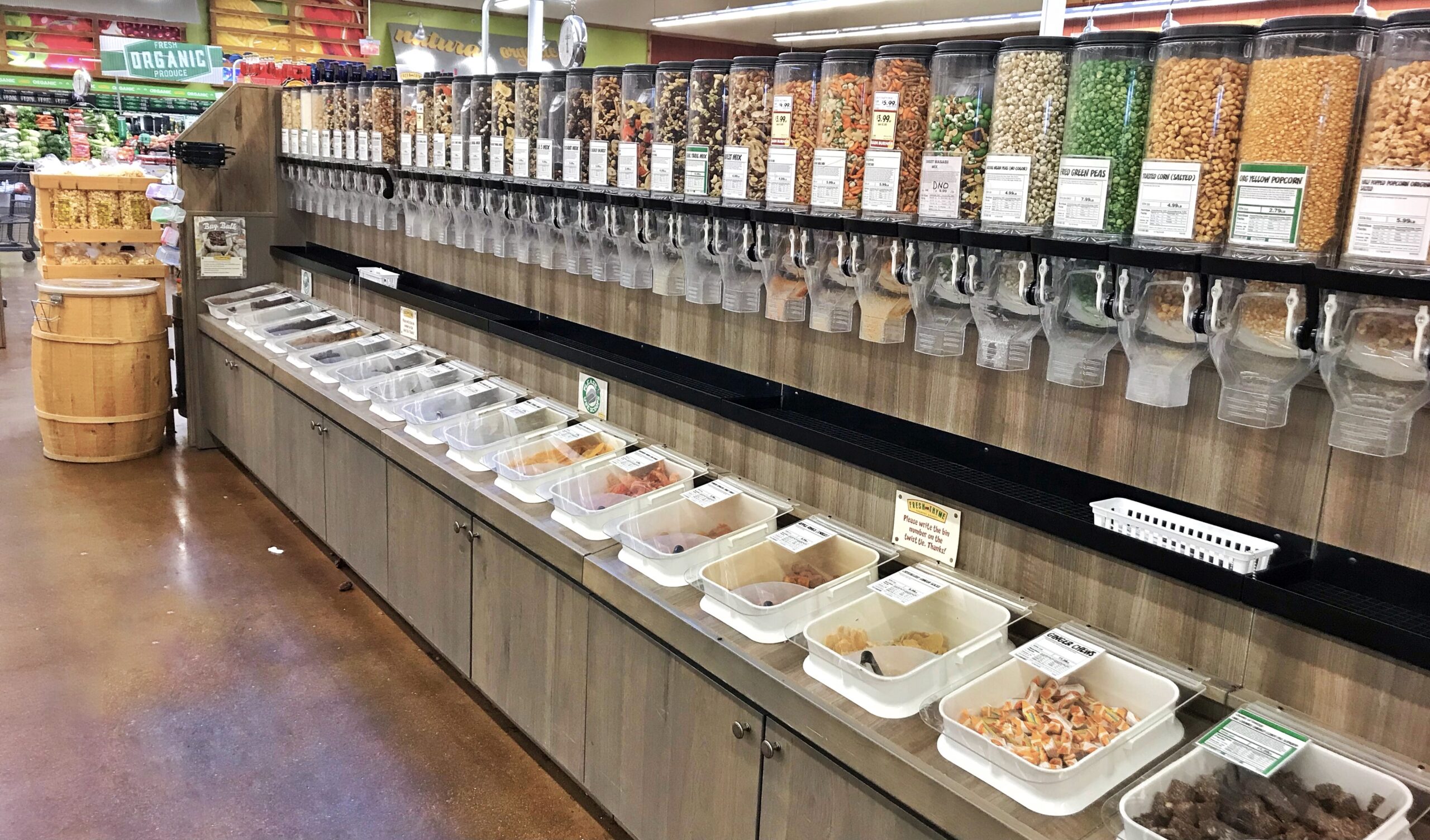Best Practices for Commercial Buyers When Ordering Bulk Food

If you’re running a restaurant, retail store, or catering service, ordering bulk food is often the smartest way to cut costs and secure consistent supply. The direct solution? Approach bulk buying with strategy, not impulse. From planning ahead to choosing trusted suppliers, success in bulk purchasing lies in preparation and partnership.
Why Ordering Bulk Food Matters for Commercial Buyers
Imagine running a busy café where croissants fly off the shelves every morning. Without steady bulk orders of flour, butter, and coffee beans, your kitchen would grind to a halt. Bulk food isn’t just about saving money—it’s about ensuring continuity.
For commercial buyers, the stakes are high. Customers don’t see supply chain hiccups; they only notice when their favorite dish or product is missing. Bulk food orders guarantee that shelves stay stocked, menus stay consistent, and service flows without interruption.
Balancing Cost Savings and Waste
Buying in bulk is like filling your pantry for a feast—it’s cost-effective, but only if you know how much you’ll actually use. Overordering leads to spoilage, wasted storage space, and lost money. Underordering means you risk running out of essentials at peak times.
The golden rule? Balance cost savings with realistic consumption. Use historical sales data, seasonal trends, and customer patterns to guide your orders. Smart forecasting keeps waste low and efficiency high.
Choosing the Right Suppliers
Not all suppliers are created equal. When sourcing bulk food, reliability matters more than discounts. A late delivery of fresh produce or a shipment of low-quality goods can ripple through your business like a broken link in a chain.
Trusted suppliers act as partners. They know your needs, respect deadlines, and provide consistent quality. Over time, these relationships turn into long-term alliances that support your growth and stability.
Local vs. International Bulk Food Sourcing
The choice between local and international suppliers often depends on your business model. Local suppliers offer faster deliveries, fresher goods, and the comfort of personal relationships. International suppliers, however, expand your product range and often lower costs through economies of scale.
A smart buyer doesn’t treat this as an either-or decision. Instead, many successful businesses use a mix—ordering staples locally while sourcing specialty products globally. This balance combines speed with variety.
Technology Streamlining Bulk Orders
Digital tools are reshaping how businesses order bulk food. Platforms like a wholesale marketplace or a B2B wholesale marketplace simplify sourcing by providing access to multiple suppliers in one place.
For example, a marketplace Europe allows businesses to compare prices, check delivery times, and even connect with Europe wholesalers without lengthy negotiations. These platforms reduce friction, making bulk orders faster, more transparent, and more efficient.
Best Practices for Ordering Bulk Food
So, how do you master the art of bulk food purchasing? Let’s break down the essential practices.
1. Forecast Demand Accurately
Study your sales data and seasonal trends. A catering company, for instance, knows that demand for drinks spikes during summer weddings. Anticipate these patterns to place smarter orders.
2. Store Smart, Not Just Big
Ordering in bulk is pointless if your storage facilities can’t handle it. Invest in proper refrigeration, dry storage, and rotation systems to keep products fresh.
3. Communicate With Suppliers Regularly
A strong relationship with suppliers prevents surprises. Update them about your business needs, and they’ll often give you priority in tight situations.
4. Focus on Quality, Not Just Price
Cheaper isn’t always better. In the food and drink industry, product quality directly impacts customer satisfaction. Paying slightly more for reliable freshness pays off in loyalty.
5. Incorporate Sustainability Into Bulk Buying
Bulk orders reduce packaging waste, but sustainability goes further. Partner with suppliers who use eco-friendly practices and responsibly source products. This aligns with consumer values and strengthens your brand image.
Common Mistakes to Avoid
Many commercial buyers fall into traps when ordering bulk food. Some overestimate demand, leading to waste. Others chase the lowest price, only to compromise on quality. And some ignore storage requirements, turning savings into losses.
The solution lies in thoughtful planning. Treat bulk food as both a financial and operational strategy. Avoid shortcuts, and your business will reap the rewards.
The Role of Supplier Partnerships in Growth
Think of your suppliers as allies, not just vendors. Strong partnerships create flexibility in times of crisis. For instance, during supply chain disruptions, businesses with loyal supplier relationships often get priority access to limited stock.
Suppliers who understand your long-term goals will also suggest new products, offer better credit terms, and support your expansion. Over time, these partnerships can become the secret ingredient to your success.
How Bulk Food Strengthens Food and Beverage Businesses
In the food and beverage sector, bulk buying does more than save money. It ensures consistency across multiple outlets, allows for better menu planning, and creates economies of scale. From restaurants to retailers, businesses that master bulk food purchasing gain a competitive edge by offering reliability their customers can count on.
Conclusion
Ordering bulk food is both an art and a science. For commercial buyers, the best practices revolve around accurate forecasting, trusted suppliers, efficient storage, and the smart use of technology. By balancing cost savings with quality and building lasting partnerships, businesses can turn bulk food into a powerful growth strategy.
The message is simple: don’t just buy big—buy smart. Your customers, your margins, and your long-term success will thank you.
FAQs
1. What’s the biggest benefit of ordering bulk food for commercial buyers?
The main advantage is cost savings combined with supply consistency, ensuring operations run smoothly.
2. How can businesses avoid waste when buying in bulk?
By accurately forecasting demand, monitoring storage capacity, and rotating stock effectively.
3. Should I choose local or international suppliers for bulk food?
Both have benefits—local for speed and freshness, international for variety and scale. A balanced approach often works best.
4. How do digital marketplaces help with bulk food sourcing?
They make it easier to compare suppliers, prices, and delivery options while streamlining the ordering process.
5. Why are supplier relationships so important in bulk food buying?
Strong relationships ensure reliability, flexibility during disruptions, and better opportunities for long-term growth.


